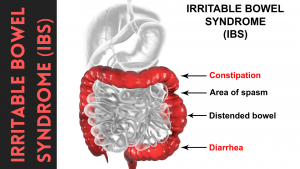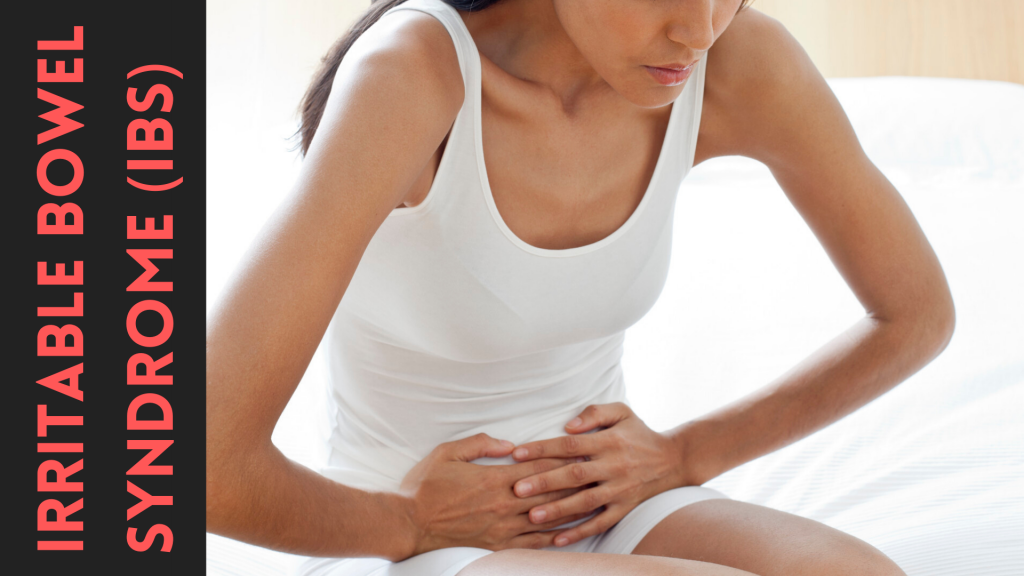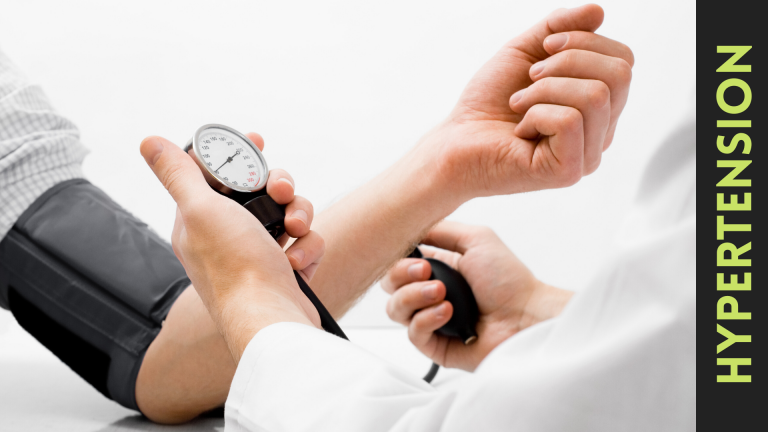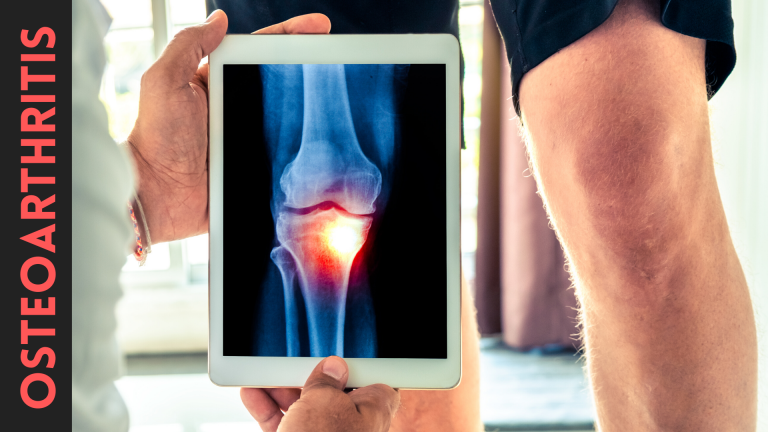Irritable Bowel Syndrome, also known as the spastic colon, is one of the most common bowel diseases. Nearly one in ten Singaporeans has Irritable Bowel Syndrome so it is considered a disease of high prevalence. Irritable Bowel Syndrome is common in females more than males and as the age of a person increase, the possibility of getting Irritable Bowel Syndrome decreases.
A patient with Irritable Bowel Syndrome usually complains to his physician about constipation or diarrhea, cramps, bloating and abdominal pain. People can have constipation Irritable Bowel Syndrome, diarrhea Irritable Bowel Syndrome or both. Irritable Bowel Syndrome symptoms usually are not continuous although a minority reported having continuous symptoms.

Diagnosing Irritable Bowel Syndrome is done by exclusion criteria method. First, the doctor will perform a stool analysis to rule out any bacterial, fungal or viral infection. Then he will perform other tests to rule out other bowel diseases such as celiac disease.
Before knowing the pharmacological treatment used in the treatment of Irritable Bowel Syndrome, we must know the exact causes of it. Irritable Bowel Syndrome could be caused by sensitive colon or immune system, slow or spastic colon movement, mild celiac disease, post infectious IBS due to an infection in the gastrointestinal tract in the past or abnormal serotonin levels which affects the bowels motility.
Medication and Holistic Remedies
In Irritable Bowel Syndrome, the non pharmacological treatment is much more important and beneficial than pharmacological treatment. Those non pharmacological treatments includes regular exercise, abstaining from caffeinated beverages and avoiding spicy or fried food, dairy products, beans and indigestible sugars as they deeply irritate the bowel which will cause more cramps and pain. It is also advised to divide your meals into smaller ones; that is to eat 5-6 small meals rather than 3 big meals a day. Taking probiotics and managing stress by practicing yoga or running is also so beneficial. Those non pharmacological remedies are the golden tip for treatment of Irritable Bowel Syndrome and may replace any pharmacological agents if you adhere to practicing them.
The physician will first try the first line which is the non pharmacological remedies if the symptoms don’t resolve, the physician will advance to the pharmacological treatment. Pharmacological treatments for Irritable Bowel Syndrome are anti constipation drugs, anti spasmodic, antibiotics and anti depressants. Irritable Bowel Syndrome that is associated with constipation is one of the most common types of Irritable Bowel Syndrome. If you have this type, your doctor will recommend taking linaclotide and lubiprostone. These two drugs will normalize your bowel perfectly. At the end, Irritable Bowel Syndrome may seem like a serious chronic disease but if you adhere to all your non pharmacological remedies, you will not get any symptoms often.
Stay healthy and start going to your yoga class now!
References:
1- Camilleri, M., & Choi, M. G. (1997). Irritable bowel syndrome. Alimentary pharmacology & therapeutics, 11(1), 3-15.
2- Drossman, D. A., Camilleri, M., Mayer, E. A., & Whitehead, W. E. (2002). AGA technical review on irritable bowel syndrome. Gastroenterology, 123(6), 2108-2131.
3- Whitehead, W. E., Engel, B. T., & Schuster, M. M. (1980). Irritable bowel syndrome. Digestive diseases and sciences, 25(6), 404-413.
4- Jones, R., & Lydeard, S. (1992). Irritable bowel syndrome in the general population. Bmj, 304(6819), 87-90.
5- Chey, W. D., Kurlander, J., & Eswaran, S. (2015). Irritable bowel syndrome: a clinical review. Jama, 313(9), 949-958.
6- Camilleri, M. (2001). Management of the irritable bowel syndrome. Gastroenterology, 120(3), 652-668.
7- Horwitz, B. J., & Fisher, R. S. (2001). The irritable bowel syndrome. New England Journal of Medicine, 344(24), 1846-1850.
8- Simrén, M., Månsson, A., Langkilde, A. M., Svedlund, J., Abrahamsson, H., Bengtsson, U., & Björnsson, E. S. (2001). Food-related gastrointestinal symptoms in the irritable bowel syndrome. Digestion, 63(2), 108-115.



